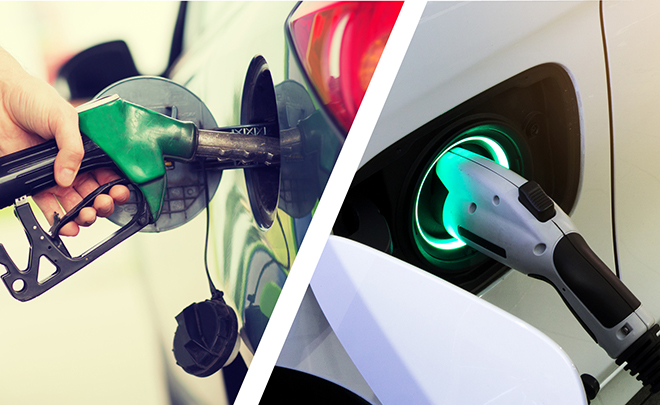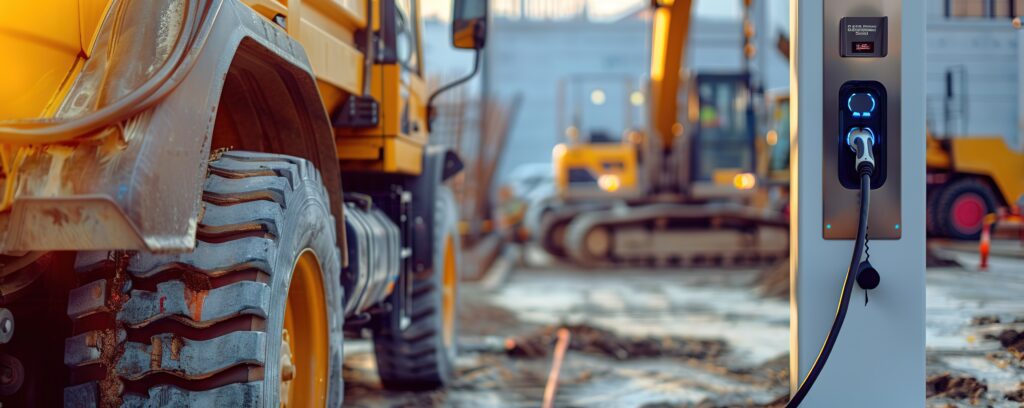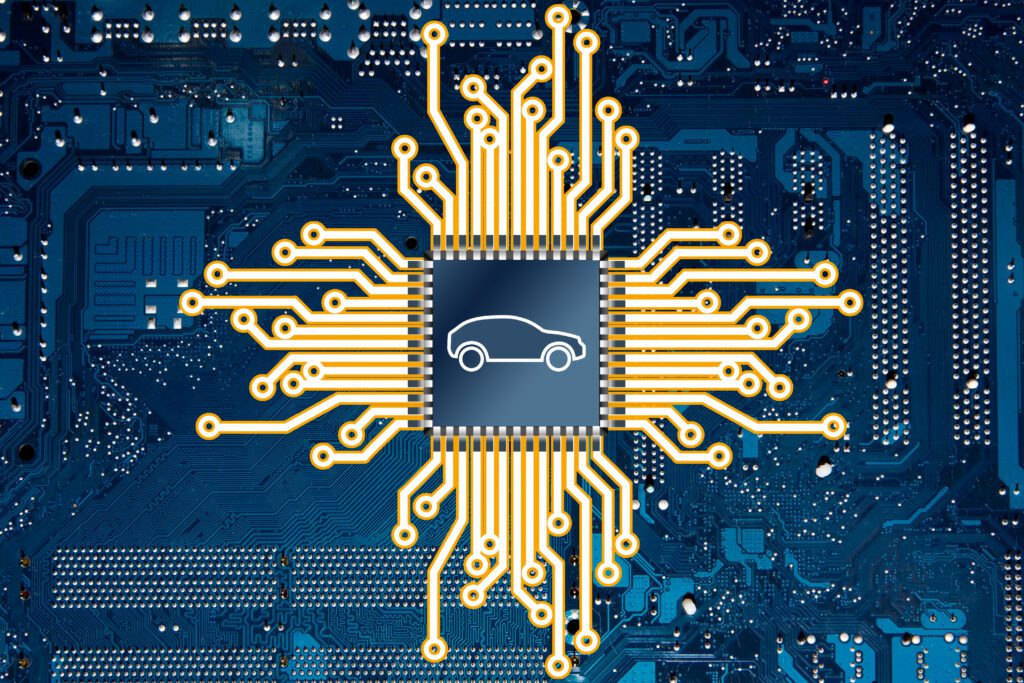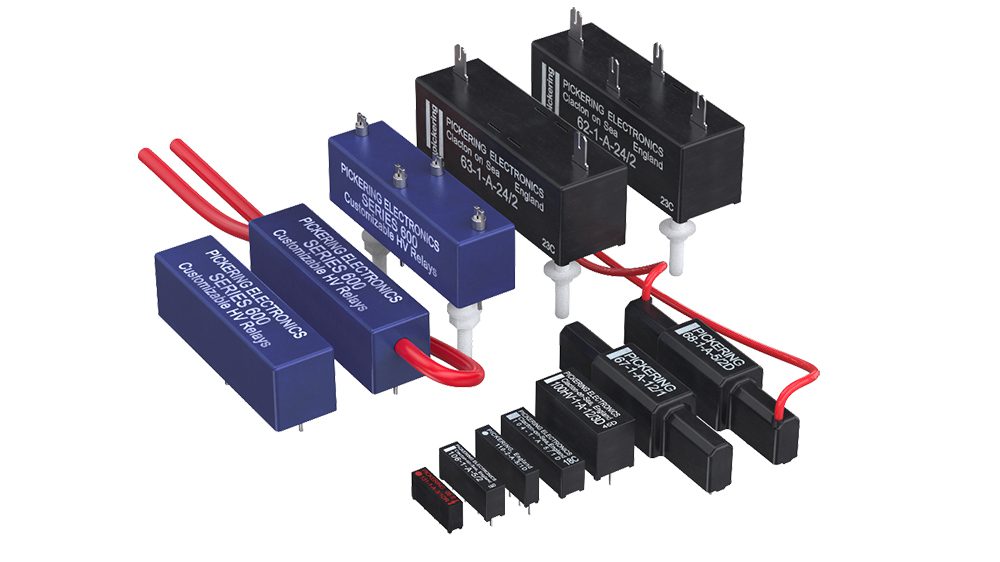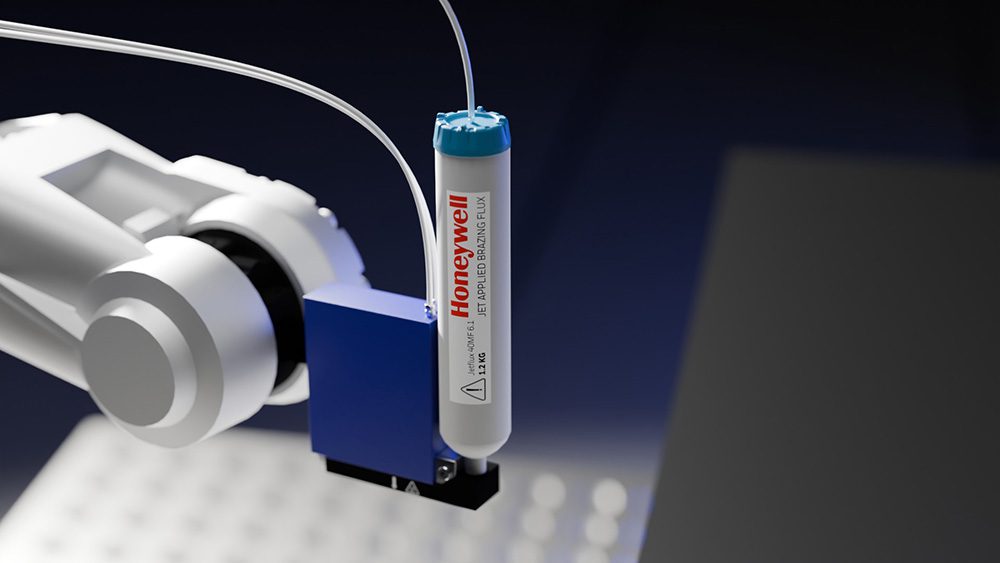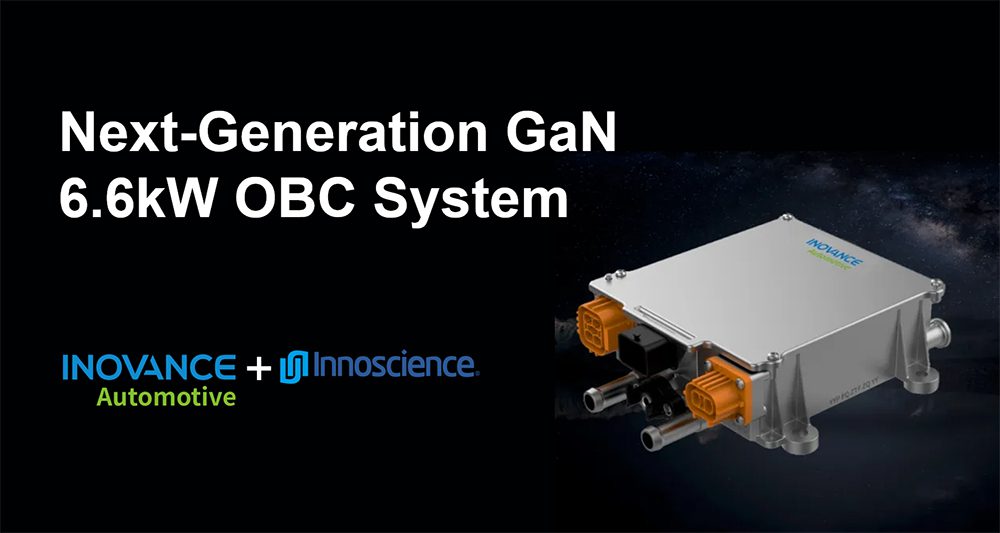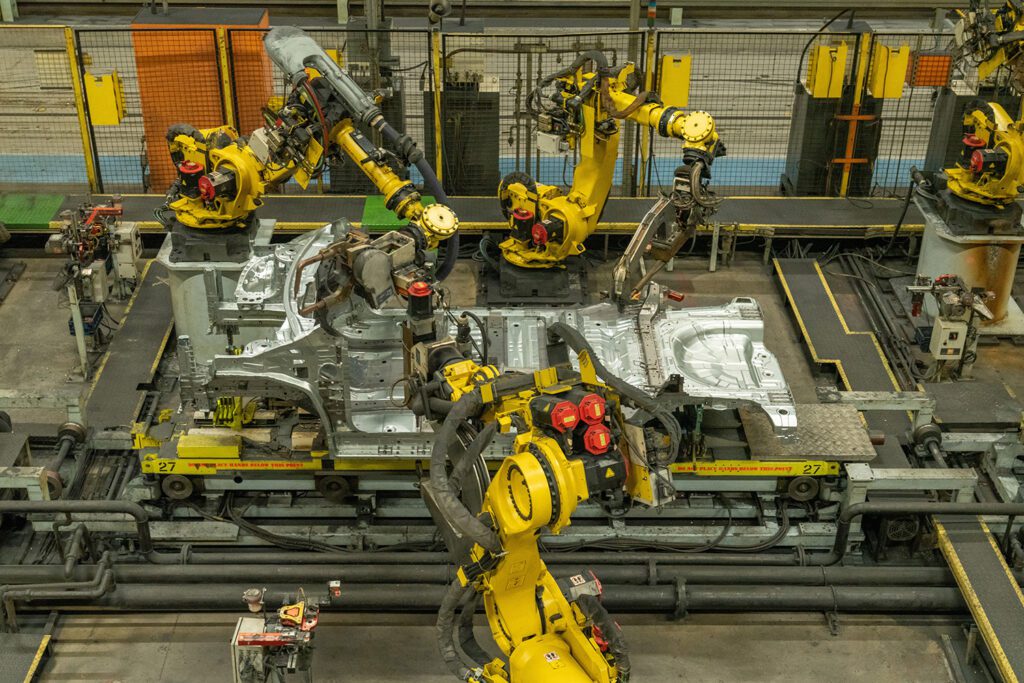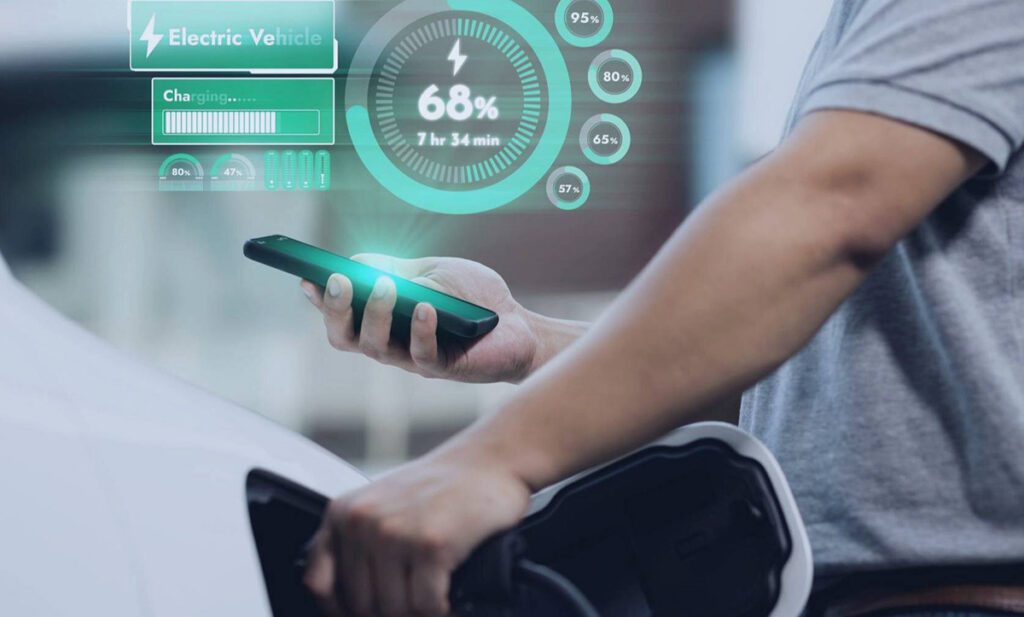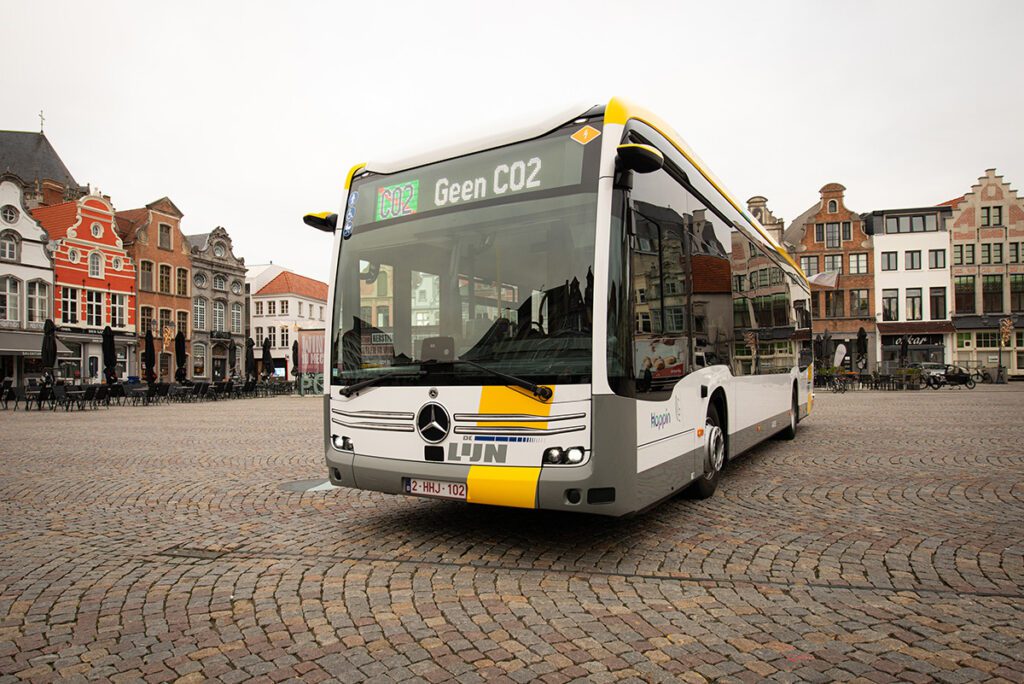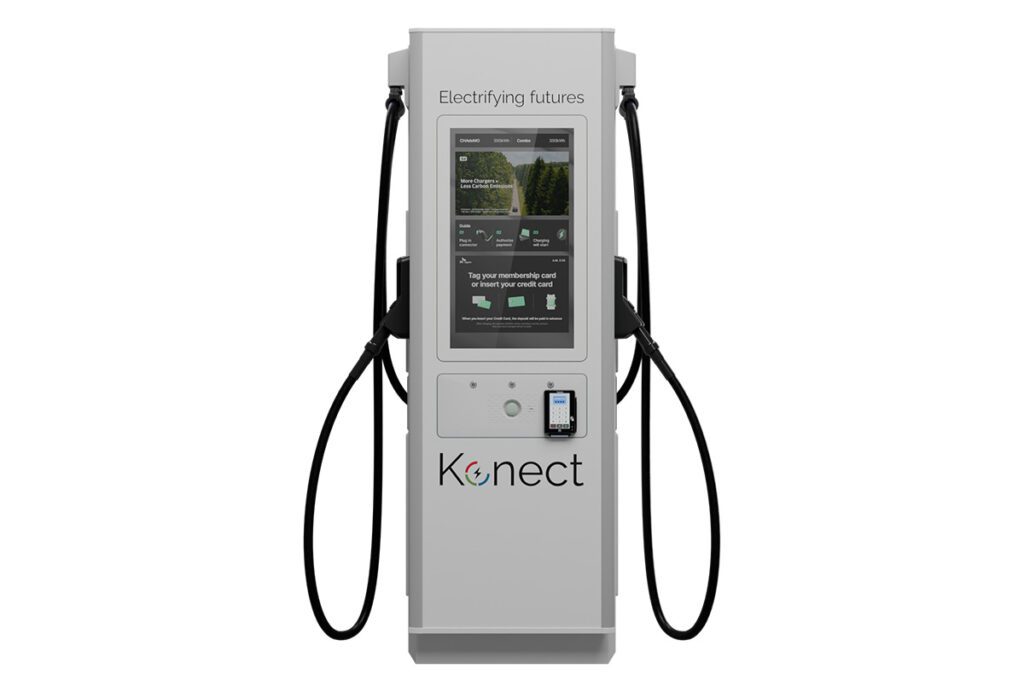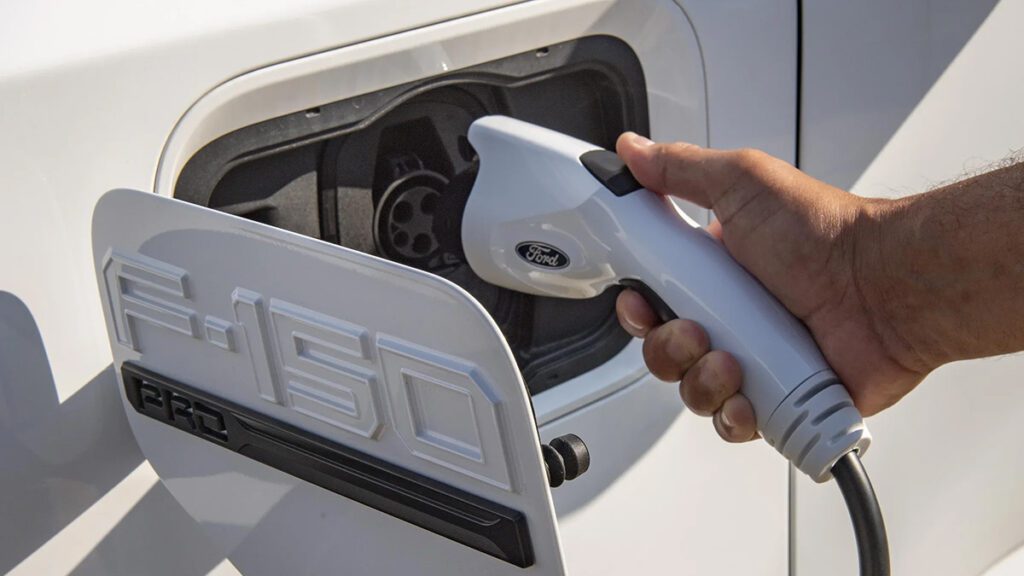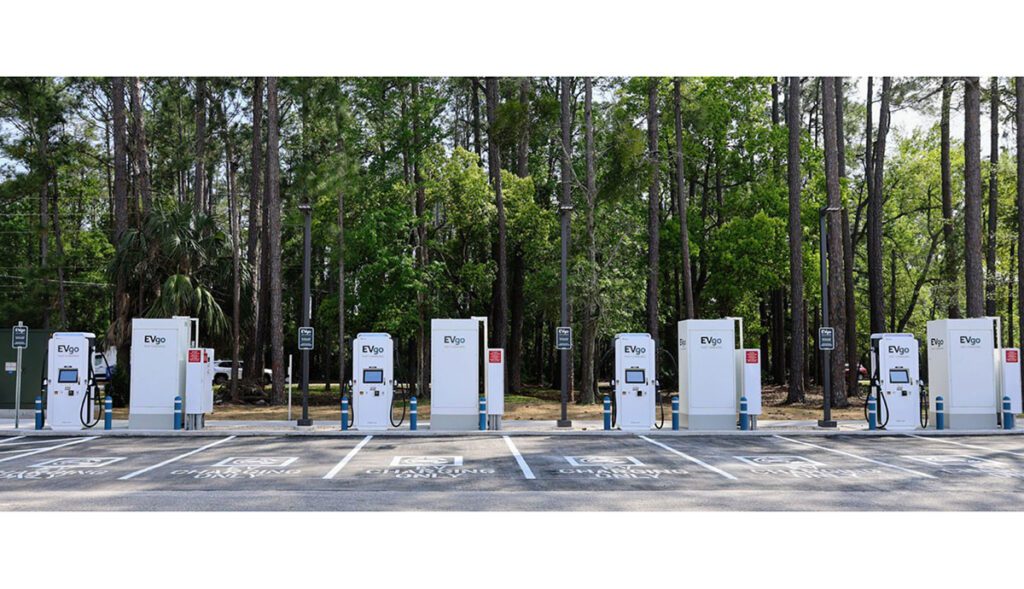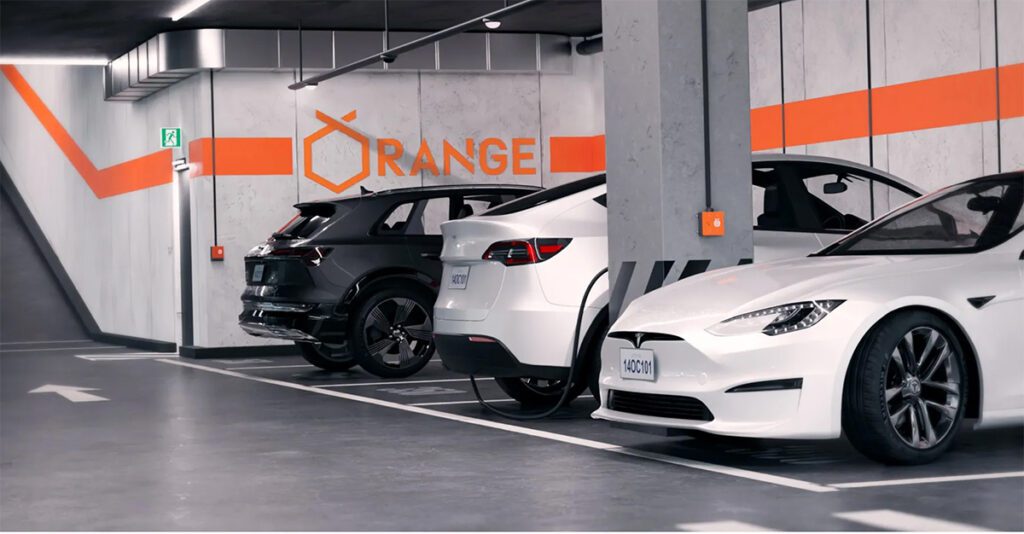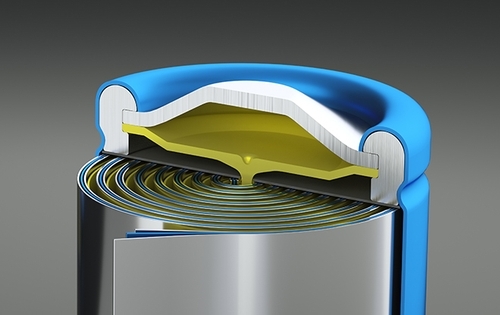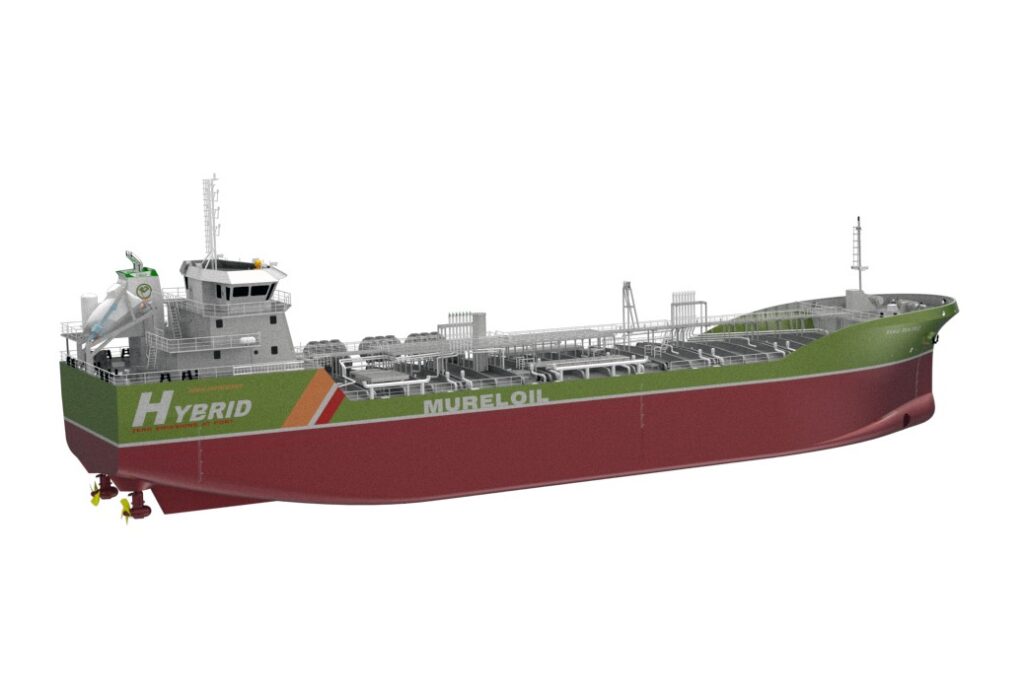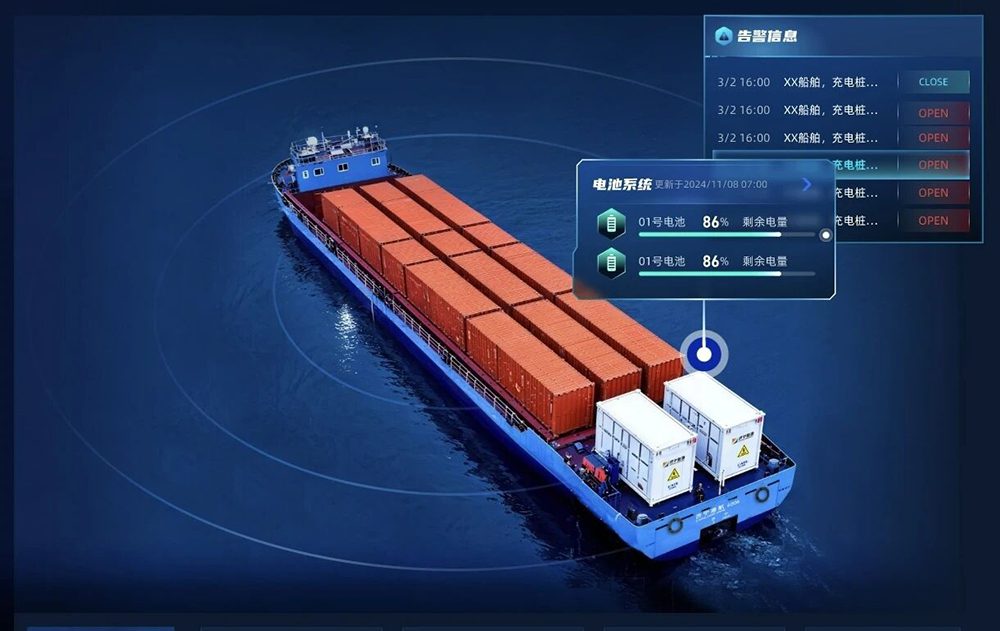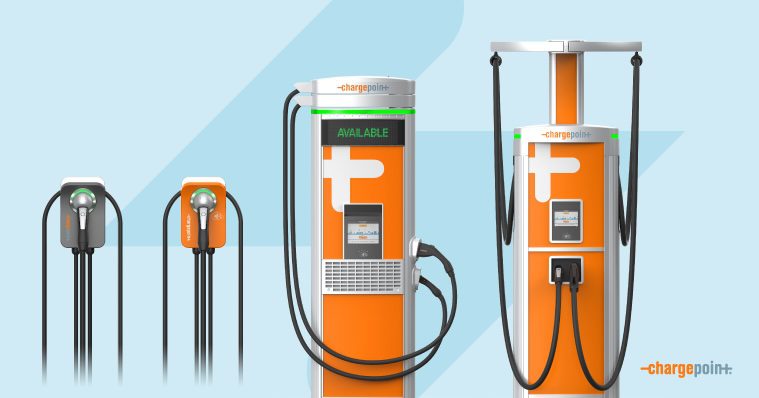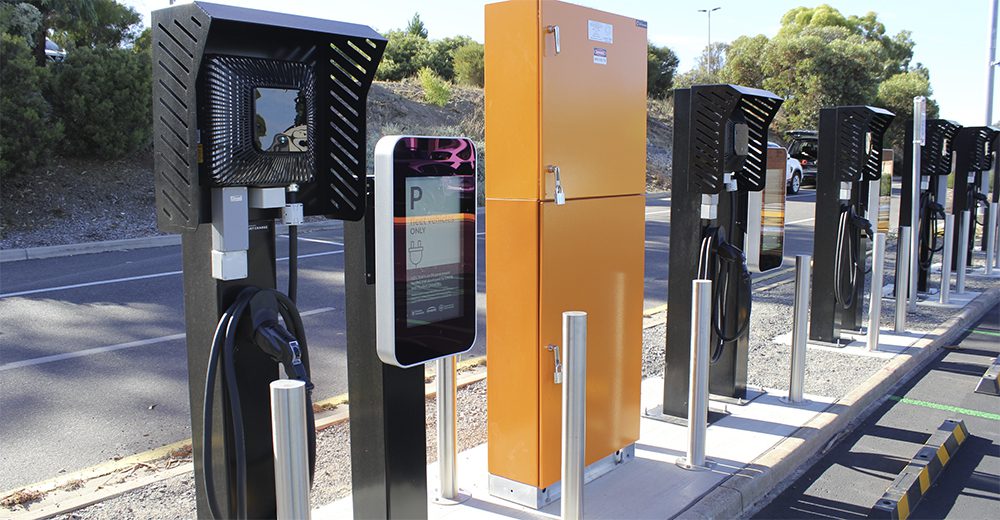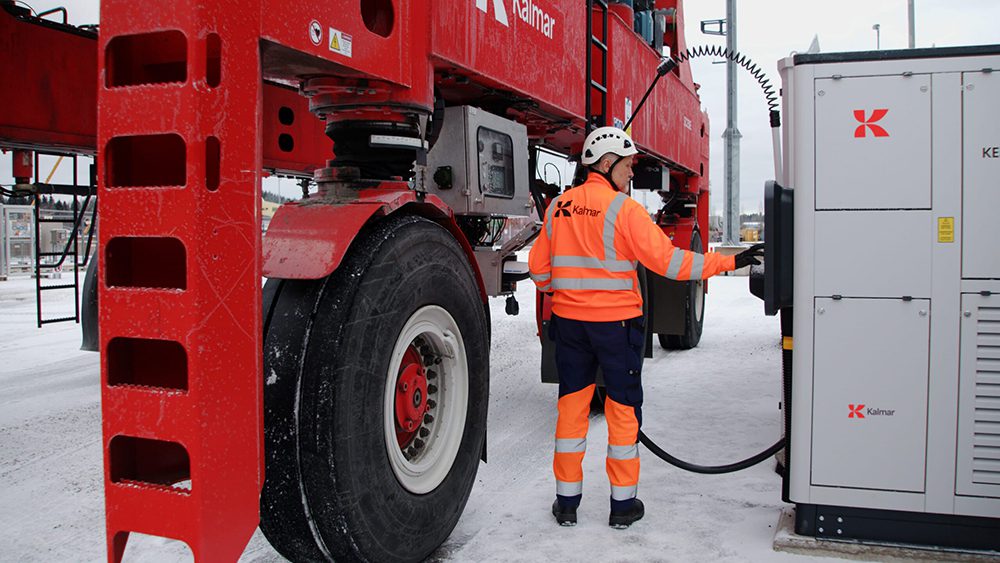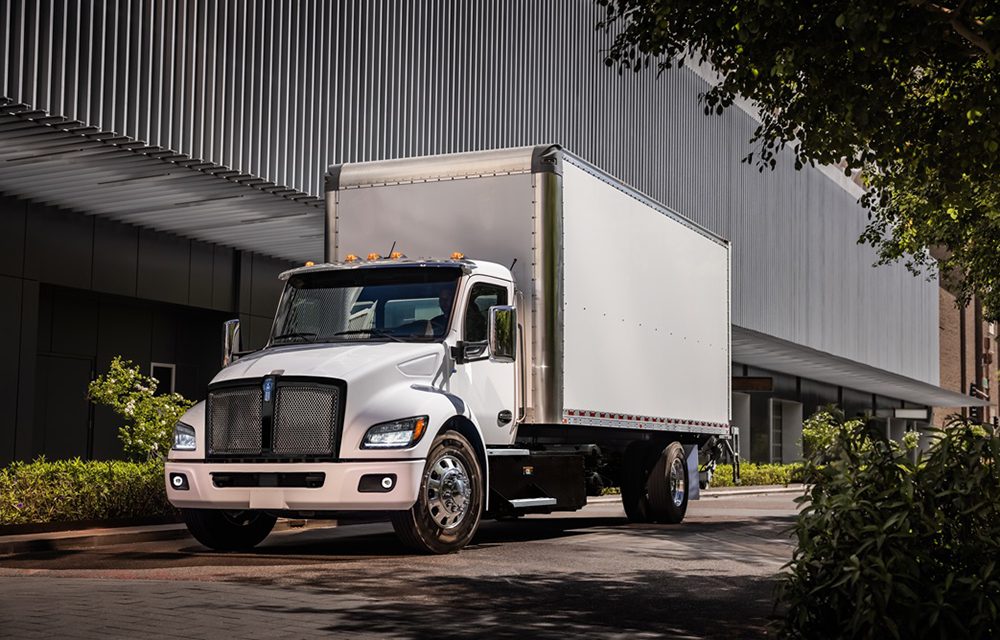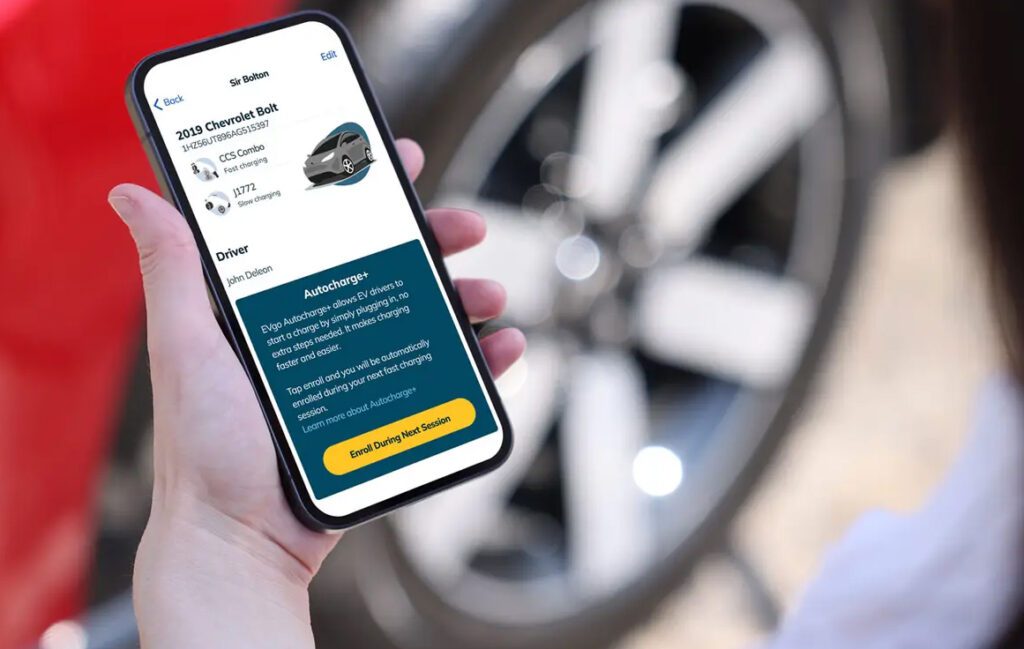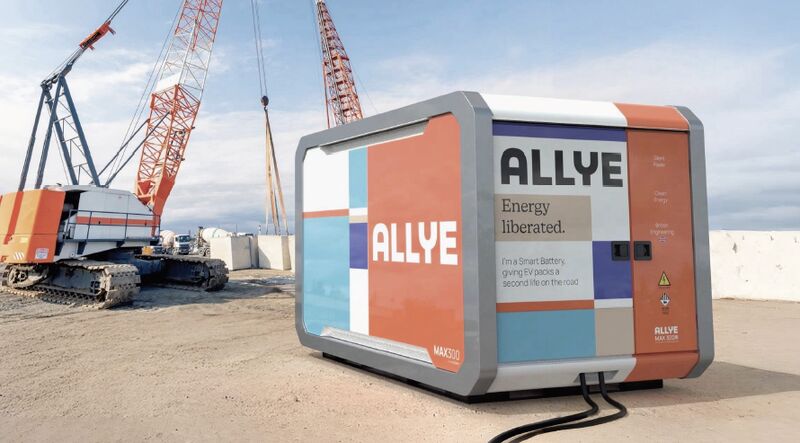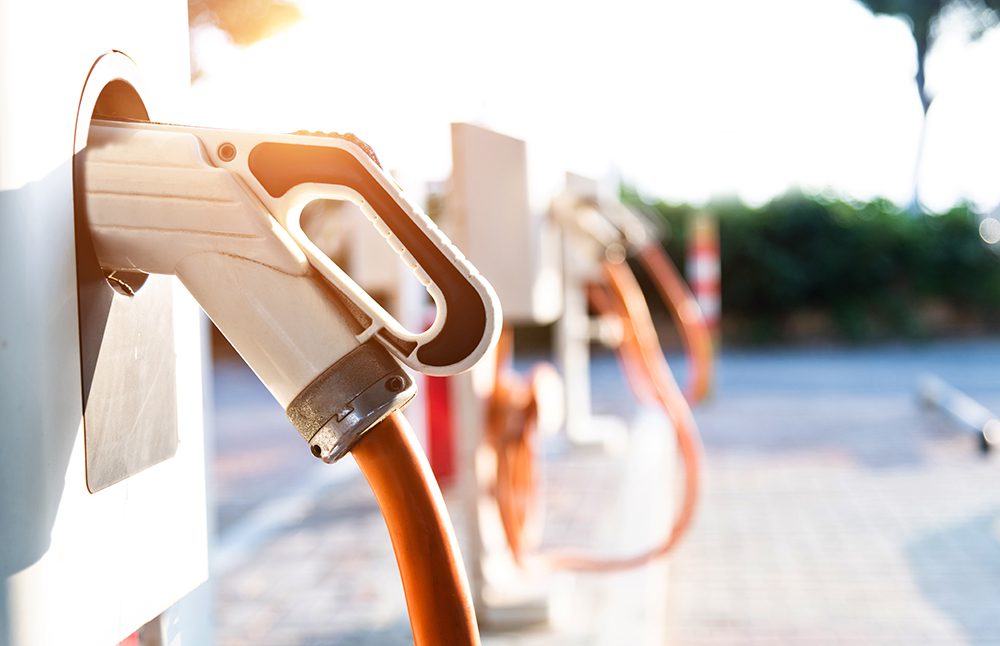The European Commission has agreed to set a zero-emission sales mandate for new cars and vans by 2035. As the average age of passenger cars in the EU is just under 12 years, this policy should put the bloc on track to reach the target of converting its fleet to zero-emission-only by 2050, the date by which capitals have agreed to be net-zero. Separate legislation covering CO2 standards for trucks and heavy vehicles is on the agenda for next year.
“The agreement…sends a strong signal to industry and consumers: Europe is embracing the shift to zero-emission mobility,” said EU Green Deal Chief Frans Timmermans.
Politico expressed surprise that the decision was reached so easily. “Previous EU efforts to regulate incremental improvements in vehicle fuel efficiency standards dragged on for years, with acrimonious lobbying and demands for exemptions and special conditions. This time around, it’s taken just over 15 months since the legislation was presented in July last year to finalize the 2035 phaseout target.”
“There is a huge consensus” within the car sector that it’s time to move, one industry executive told Politico. “Nobody is questioning that there needs to be an increase in the targets…Instead it’s just the how and when.”
This doesn’t mean there was no wrangling: France lobbied to exempt plug-in hybrids from the ban; Italy sought to protect its luxury supercars; Renault, BMW and Volkswagen said they need more time; and Hungary, Italy, Romania and Slovakia, along with Germany’s Free Democratic party, pushed for a loophole that would allow sales of vehicles running on e-fuels to continue. In the end, these proposals were rejected, and a deal confirming the 2035 target was reached.
Critics of the mandate raised a number of concerns. Some quite rightly pointed out that making the 2035 target work will require massive investments in charging infrastructure and securing sources of raw materials. Others fear that, as ICE vehicles are phased out Europe, they’ll simply be shipped to developing countries.
Some opponents warned of various nightmare scenarios. German conservative MEP Jens Gieseke fears that the high prices of EVs might lead to a “Havana effect,” saying, “After 2035, our streets might become full of vintage cars, because new [electric] cars are not available or not affordable.”
Other naysayers fear that the EU rules will benefit up-and-coming Chinese carmakers. At the recent Paris Motor Show, China-based brands such as BYD and Great Wall unveiled new EVs aimed squarely at the European market.
With that issue in view, the Commission plans to take a lenient stance when it drafts new Euro 7 regulations that will cover non-carbon pollutants such as nitrogen oxides, ammonia and particulate matter.
“Effectively, the industry has accepted that there will be a ban on the combustion engine,” one EU diplomat told Politico, adding that the 2035 CO2 target will be offset by less onerous Euro 7 rules that will allow carmakers to continue selling profitable models right up until the 2035 ban comes into effect.
Source: Politico




